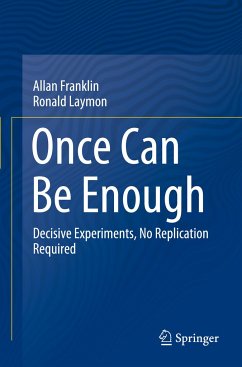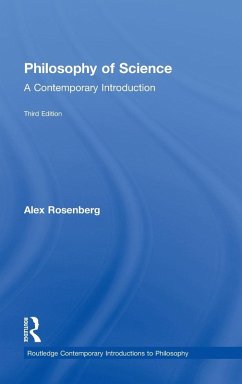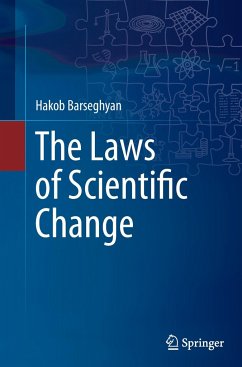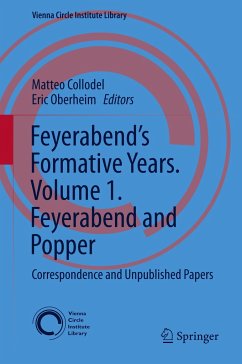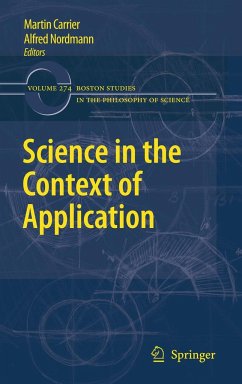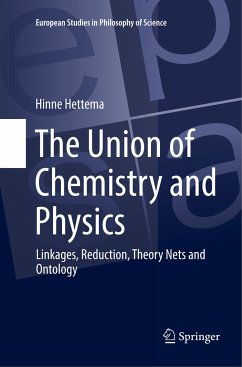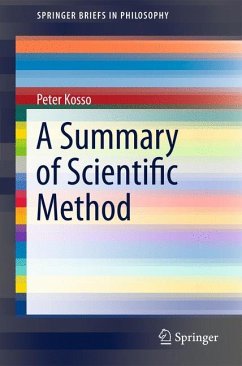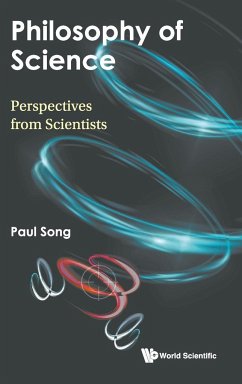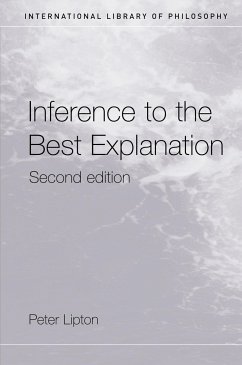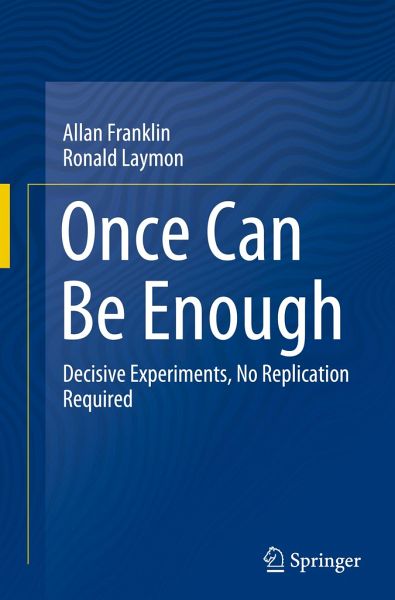
Once Can Be Enough
Decisive Experiments, No Replication Required
Versandkostenfrei!
Versandfertig in 6-10 Tagen
68,99 €
inkl. MwSt.
Weitere Ausgaben:

PAYBACK Punkte
34 °P sammeln!
There has recently been considerable discussion of a "replication crisis" in some areas of science. In this book, the authors argue that replication is not a necessary criterion for the validation of a scientific experiment. Five episodes from physics and genetics are used to substantiate this thesis: the Meselson-Stahl experiment on DNA replication, the discoveries of the positron and the omega minus hyperon, Mendel's plant experiments, and the discovery of parity nonconservation. Two cases in which once wasn't enough are also discussed, the nondiscovery of parity nonconservation and the sear...
There has recently been considerable discussion of a "replication crisis" in some areas of science. In this book, the authors argue that replication is not a necessary criterion for the validation of a scientific experiment. Five episodes from physics and genetics are used to substantiate this thesis: the Meselson-Stahl experiment on DNA replication, the discoveries of the positron and the omega minus hyperon, Mendel's plant experiments, and the discovery of parity nonconservation. Two cases in which once wasn't enough are also discussed, the nondiscovery of parity nonconservation and the search for magnetic monopoles. Reasons why once wasn't enough are also discussed.





